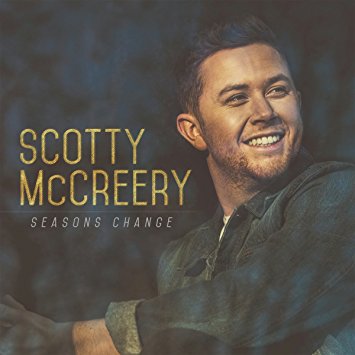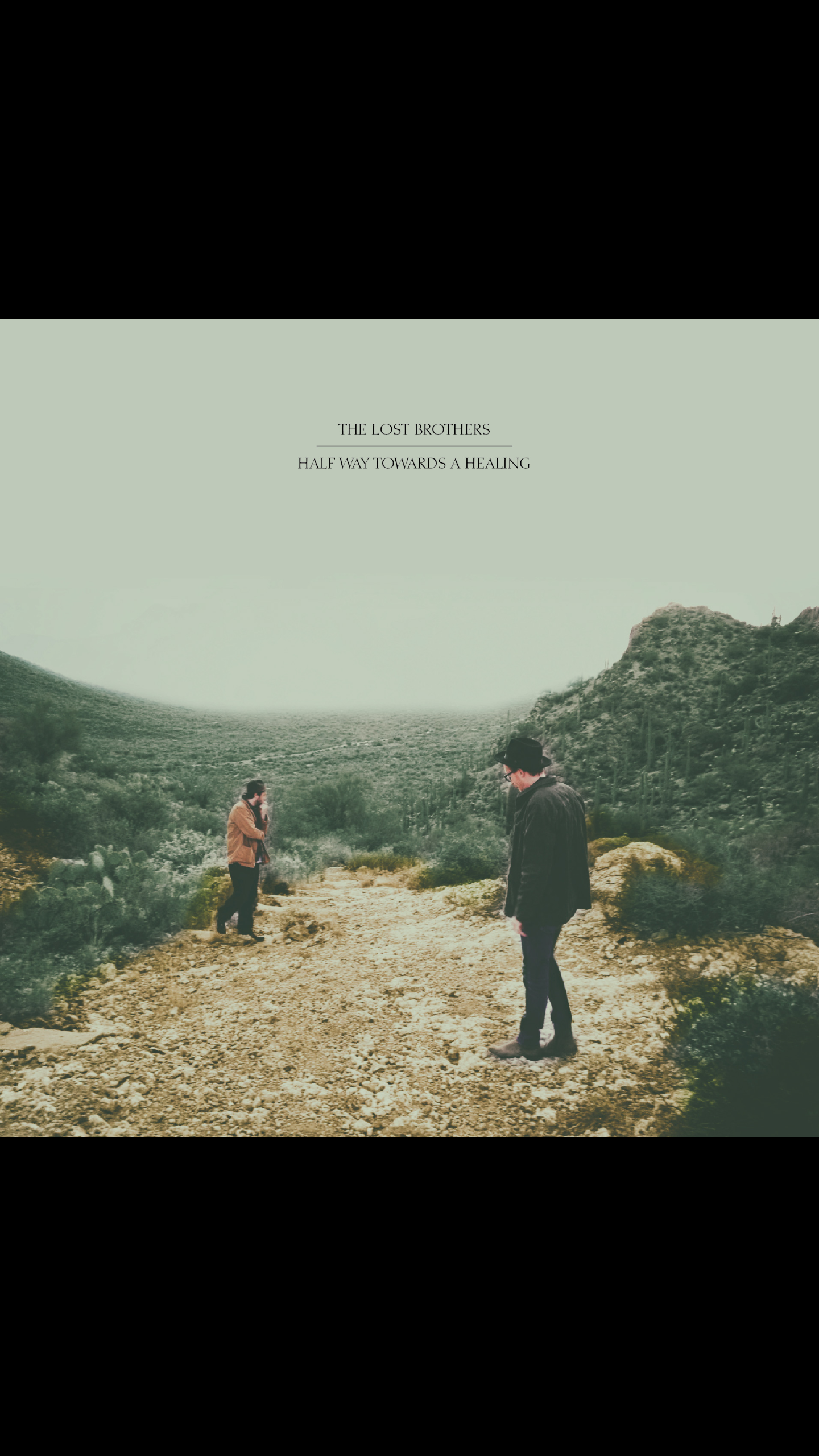Rating: 0/10
Keith Urban seems hell-bent on removing all vestiges of dignity from his legacy by wasting his undeniable talent as a musician and songwriter on producing the laziest examples of shitty non-country music to grace our ears these past several years. And while I was not one who hated “Female” as vehemently as many, feeling that that did at least try to offer something meaningful and substantive, Urban’s complete forsaking of his signature guitar work in favor of electronic beats is without excuse. And now we have this new single, “Coming Home,” lacking in both sound and substance and proving to be one of Urban’s laziest efforts to date.
Yeah, we all know by now that Keith chose to rip off the classic riff to Merle Haggard’s “Mama Tried,” which is its own form of country music blasphemy. It’s an honor I’m sure Merle is rolling over in his grave somewhere about having been bestowed. But at least they gave him credit. AT least they admitted they had no original thought here whatsoever, which is more than Thomas Rhett could say about his rip-off of “Chain Gang” commonly known as “Crash and Burn.”
But you know why they ripped off the Haggard riff? Because that’s literally the only memorable thing about this piece of shit. If not for that, none of us would be talking about it at all. It’s vapid and shallow lyrically, meant to be about coming home, but instead of taking you to a specific place with unique details like Scotty McCreery’s “Home in my Mind,” it opts for generic bullshit that ultimately says nothing. It mentions a place where people know you and repeats lines about a phone call from far away. It’s obviously trying to reach as broad an audience as possible and thus ultimately becomes disposable to everyone. Nothing here is imaginative, original, or creative. Keith Urban sounds bored and checked out vocally, and oh yeah, since the current trend is to feature a female pop star since that makes it look like country radio is achieving progress on the tomato front, we also have Julia Michaels for a brief appearance, sounding just as underwhelming. Add generic, electronic beats, a melody that’s forgettable and stale, and yeah, literally the only thing here that makes this song worthy of even a passing comment is the Merle Haggard riff. I guess this is genius marketing by Urban, elevating his completely forgettable, average song that’s not country and also not worth anything in the pop world, by adding a classic riff and therefore a story line.
This stuff is so disappointing from an artist like Keith Urban because he knows better. Instead of showing leadership in the genre, he’s selling out hard and ignoring his talents. Instead of letting go of his radio relevancy with grace, he’s sunk to the lowest points of his career. This song is an example of one of his laziest attempts to get a hit, and it just proves the lack of effort and talent it takes to get corporate country radio to play your single, and then to get all your gullible fans to buy this. Keith Urban fans should expect and demand more because Urban is capable of delivering it. And as for the Merle rip-off, it seems par for the course for an artist so determined to forsake any shred of original thought or creativity. But can we really blame him? When all your own ideas are shit, and your song is a shallow piece of crap that no one will remember 30 seconds from now, what choice do you have but to rip off the perfectly good, iconic idea of another?

